Quantinuum, a US- and UK-based company, unveiled Helios, its third-generation quantum computer, which boasts expanded computing power and error correction capability. The device, located at Quantinuum's facility in Colorado, features a core chip containing barium ions that serve as the qubits, which perform the actual computing. Helios computes with 98 barium ions at a time, an increase from its predecessor, H2, which used 56 ytterbium ions.
According to Jennifer Strabley, vice president at Quantinuum, Helios is an important proof point in the company's roadmap for scaling up to larger physical systems. "It's a significant step forward in our ability to demonstrate the power and potential of our ion-based quantum computing architecture," Strabley said. Quantinuum formed in 2021 from the merger of Honeywell Quantum Solutions and Cambridge Quantum, with Honeywell remaining the majority owner.
Quantinuum's ion-based quantum computers, which use individual ions as qubits, may be easier to scale up than quantum computers that use superconducting circuits as qubits, such as those developed by Google and IBM. This could potentially give Quantinuum an edge in the development of more powerful quantum computers. However, it's worth noting that existing quantum computers, including Helios, are not yet powerful enough to execute the industry's dream money-making algorithms, such as those for materials discovery or financial modeling.
Quantinuum's Helios features a myriad of components, including mirrors, lasers, and optical fiber. The device's core chip is a thumbnail-size chip containing the barium ions that serve as the qubits. The company's use of barium ions as qubits is a departure from other quantum computing architectures, which often use superconducting circuits or other materials.
The development of quantum computers like Helios is a significant step forward in the field of quantum computing. While these devices are not yet powerful enough to solve complex problems, they represent a crucial step towards the development of more powerful quantum computers. As the field continues to evolve, it's likely that we'll see significant advancements in the capabilities of quantum computers like Helios.
Quantinuum plans to continue developing and refining its quantum computing technology, with a focus on scaling up to larger physical systems. The company's next steps will be closely watched by the industry, as it seeks to establish itself as a leader in the field of quantum computing.
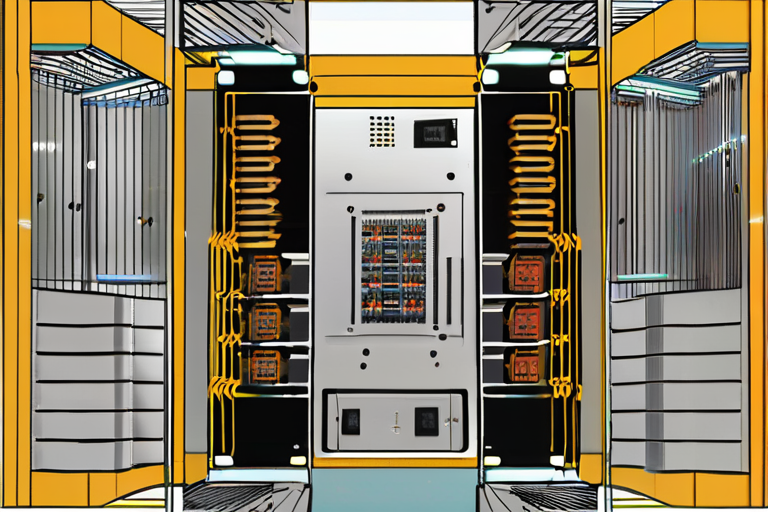




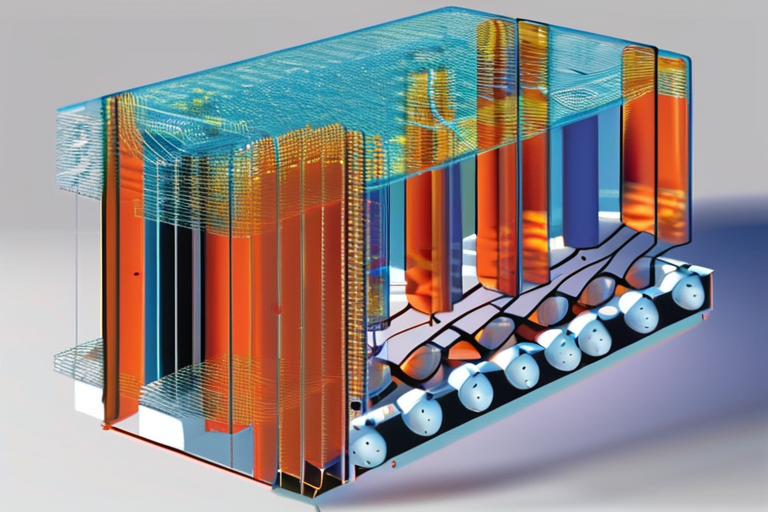


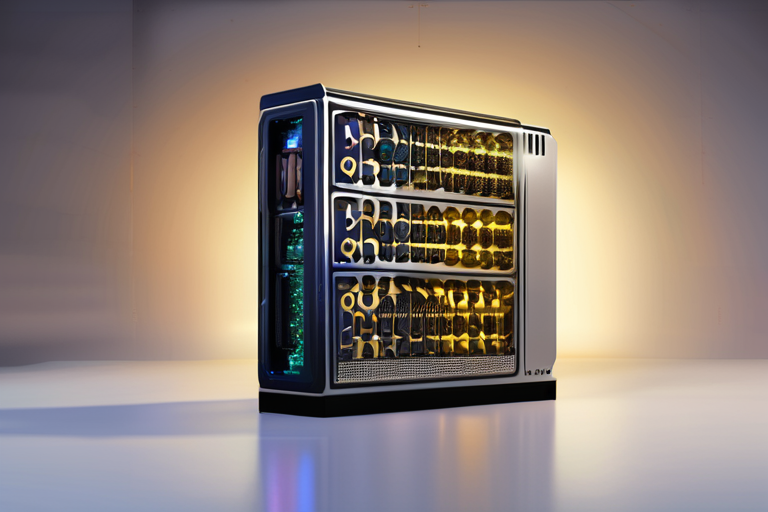


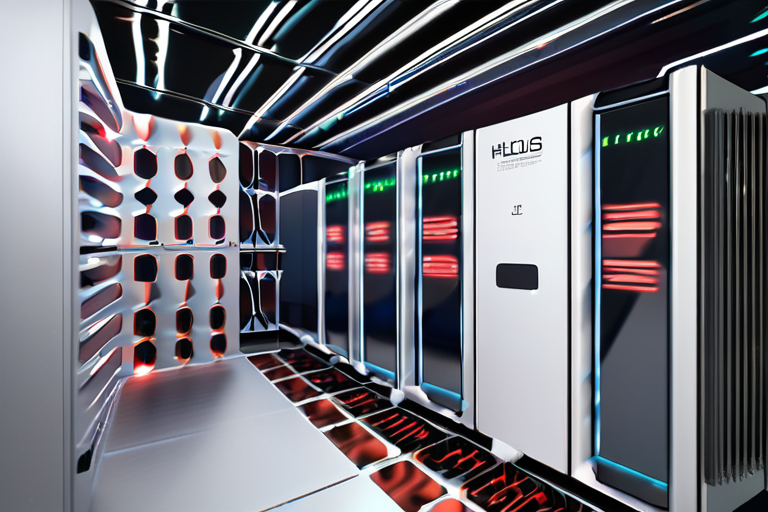

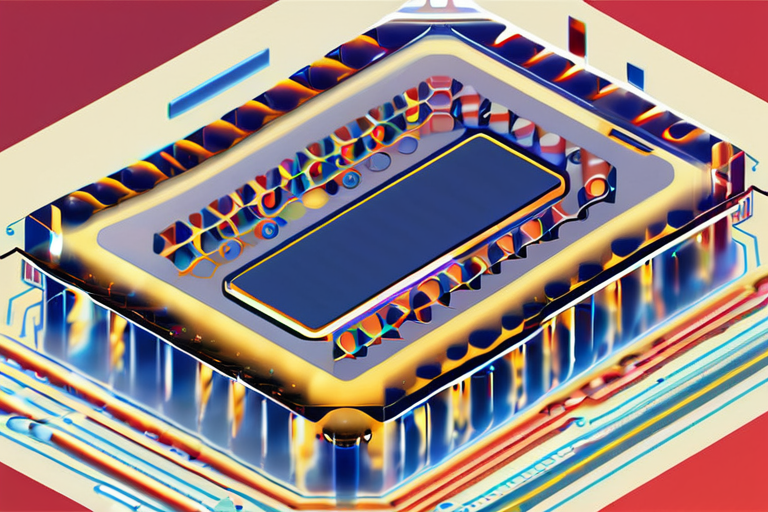
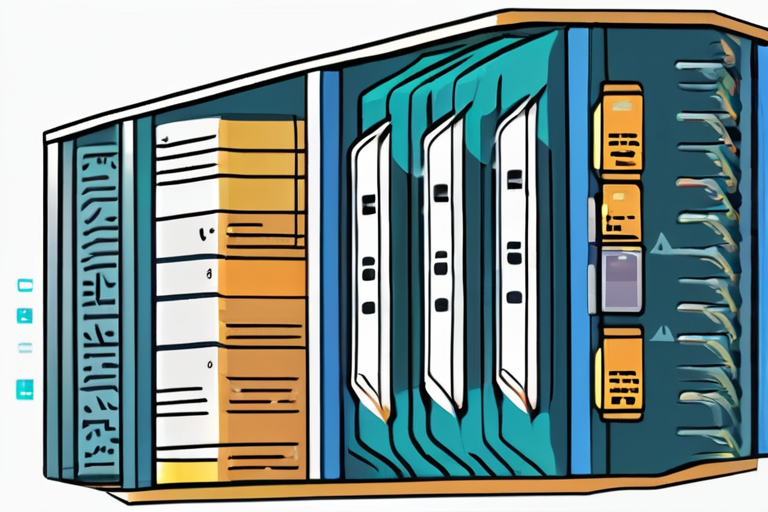


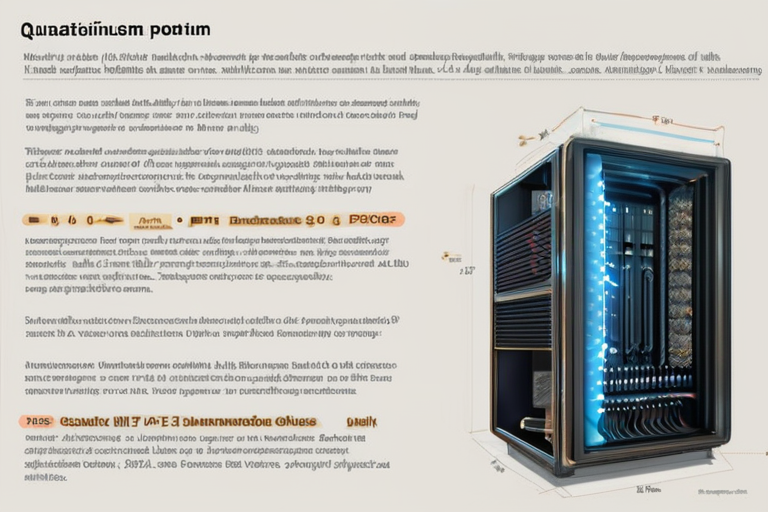





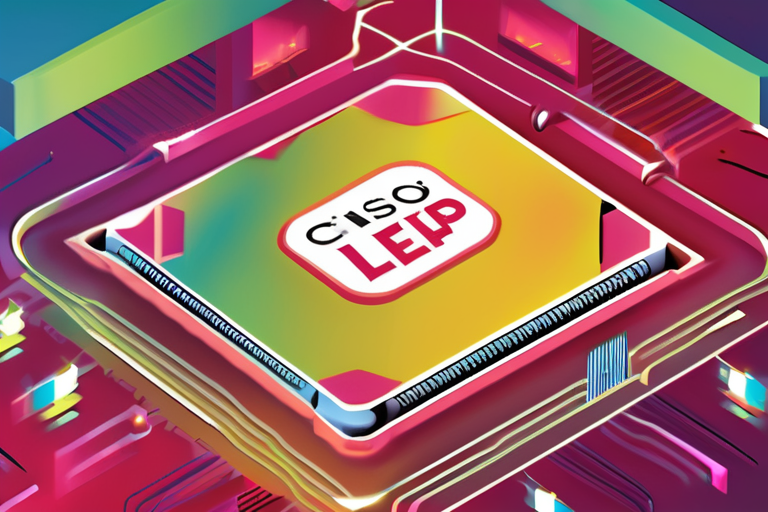


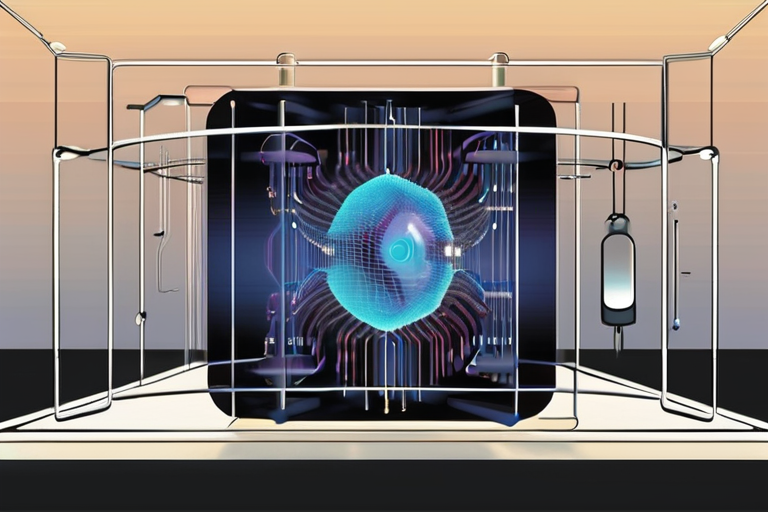
Share & Engage Share
Share this article